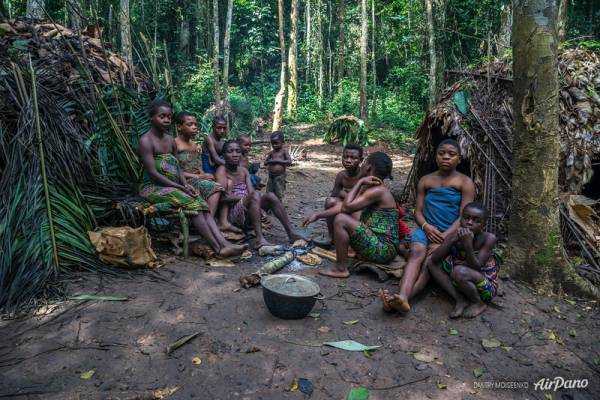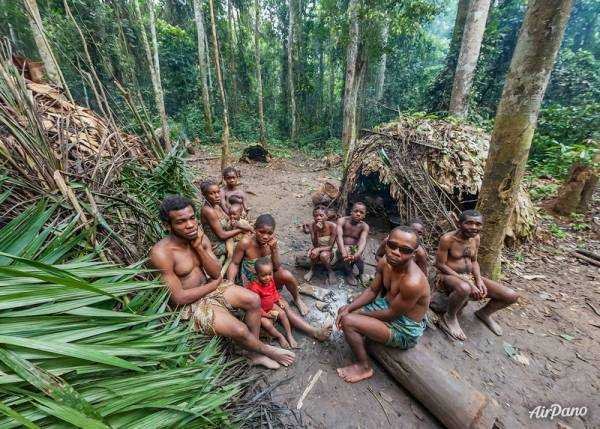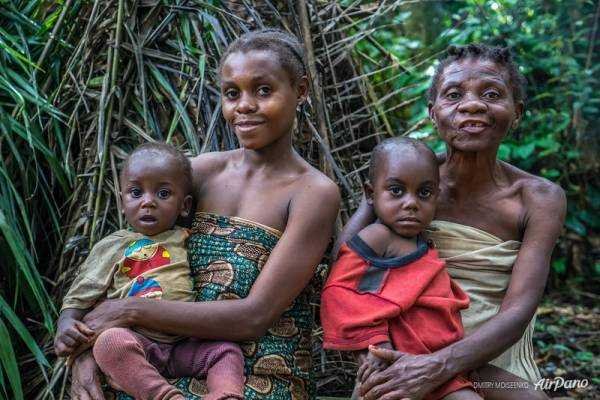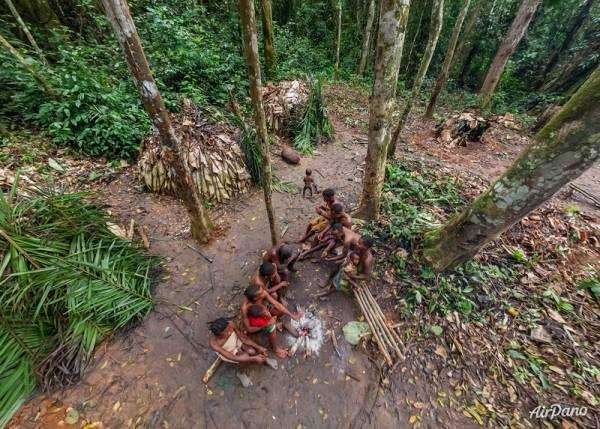In the 21st century, it is difficult to imagine life without a telephone, cars, the Internet and other integral features of modernity. However, there are people who have preserved the traditional way of life to this day, in which there is no place for the achievements of civilization.

These are various tribes that inhabit remote corners of Africa, America or Oceania. For example, the most mysterious people on the planet, the Sentinelese, live in the Bay of Bengal. Absolutely nothing is known about them: the islanders strictly guard their borders and kill anyone who approaches the shore. Scientists can study their culture from a safe distance – taking “spy” photos from ships or helicopters.

On the contrary, there are also friendly tribes. Although they are in no hurry to adopt the habits of modern people, they do make contact with them, reveal the secrets of their lives and even accept tourists. Among them are the Baka people, who live in the Central African tropical forests. The largest tribe is concentrated in Cameroon - about 30,000 people.

Like many other Negroid peoples, the Baka are short – 120-150 cm is the maximum. Homer was the first to mention the existence of such short people, calling them pygmies (from Greek this translates as “people the size of a fist”). At present, society is trying to abandon this term as degrading to human dignity, but an analogue that suits all sides has not yet been found.

The Baka do not have their own towns or villages: they move from one territory to another, fishing, hunting and gathering. There they build huts from branches and leaves for a while, and then go in search of food in new places. When staying in one territory, the Baka grow bananas and keep bees.

Fishing is one of the first skills taught to children. The Baka use an unusual, “advanced” method: they extract toxic substances from plants, then pour this juice on the surface of the water, and the oxygen-deprived fish float to the surface on their own. In some places, the Baka also build dams, after which they only have to collect the fish that have landed by hand. They use traps and poisoned arrows for hunting.

After successfully obtaining food, the Baka perform a dance of thanksgiving in honor of the forest spirit Jenga, in whom they believe. The ritual is accompanied by the beating of drums and polyphonic singing. The initiation of boys is also called "Jenga", but this ceremony is considered secret, and not much is known about it. However, the Baka do not hide their attitude to death: the end of life is considered not just a tragedy, but also a curse. A dance is performed around the deceased throughout the night, after which people leave these lands forever, so as not to bring trouble upon themselves.

Living in a closed ecosystem, the Baka are unfamiliar with most modern human diseases, and treat their illnesses with traditional plant-based medicine. They have become so successful in this that other tribes also turn to them for medicine.
Another distinctive feature of the Baka is the presence of their own language: it belongs to a different language group than all the neighboring peoples. Many representatives of the Baka also know the languages of other African tribes and even French, the official language of Cameroon.

Unfortunately, the Baka's usual way of life is coming to an end: deforestation deprives them of the opportunity to move from one remote area to another. They increasingly make contact with "civilized" neighbors: some exchange their catch for industrial goods, others show their lives to tourists, others try to send their children to school - this, however, is associated with difficulties due to frequent moves. Recently, scientists have found another threat to the existence of this tribe: once, having found themselves near a village where a bar was operating, the Baka discovered alcohol, which immediately affected their demographics. Instead of traditional activities, they began to spend all their time in the bar. In addition, their bodies are not adapted to breaking down alcohol; as a result, many began to get sick and even die from poisoning.

AirPano panoramas taken in Cameroon will introduce you to these unusual people – the last witnesses of the past, trying to preserve their historical traditions and gradually surrendering in the fight against an aggressive civilization.
Photo: Dmitry Moiseenko And Konstantin Lamin
Source: travel.ru
